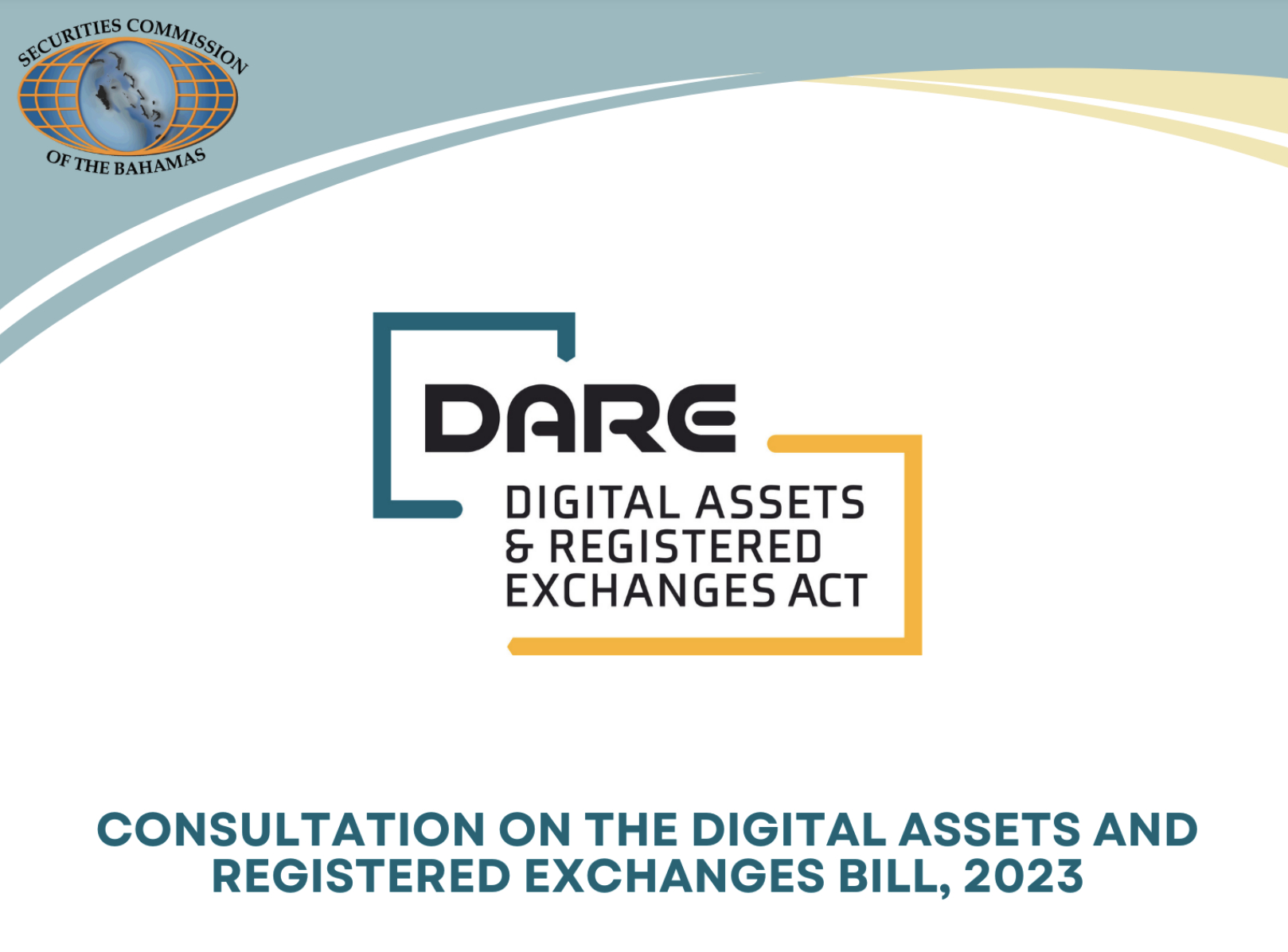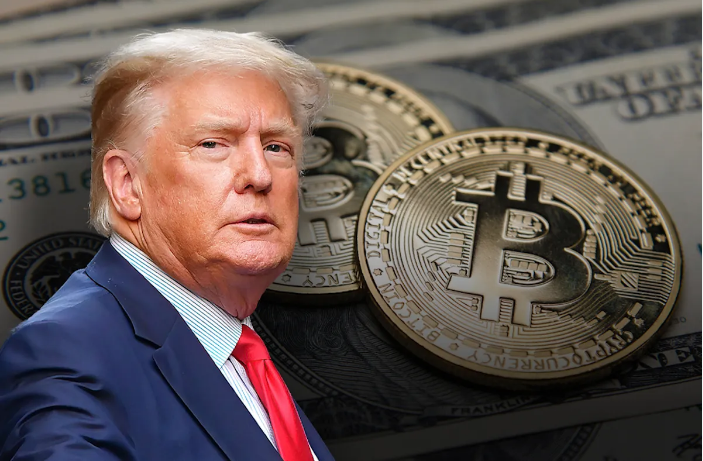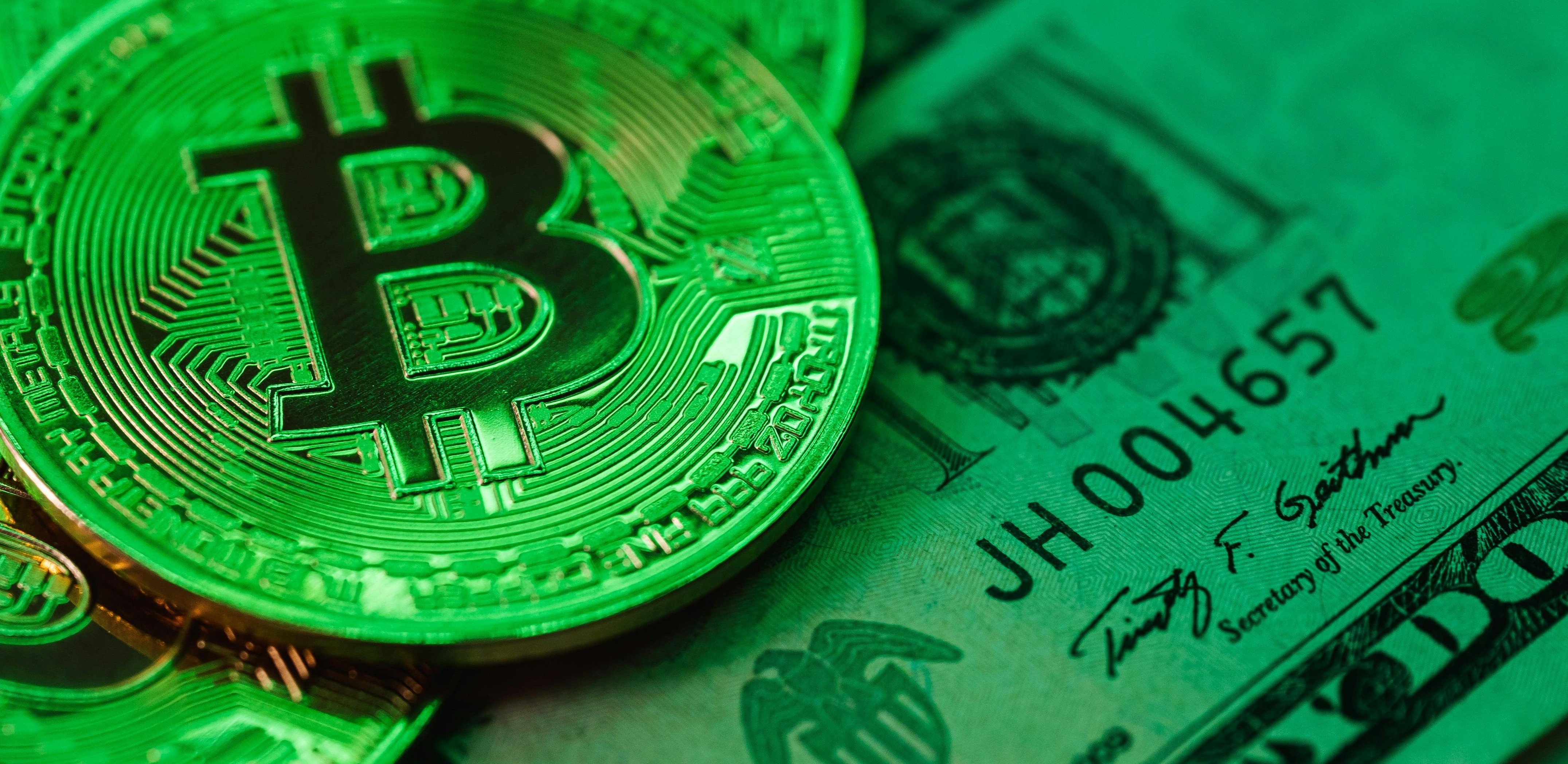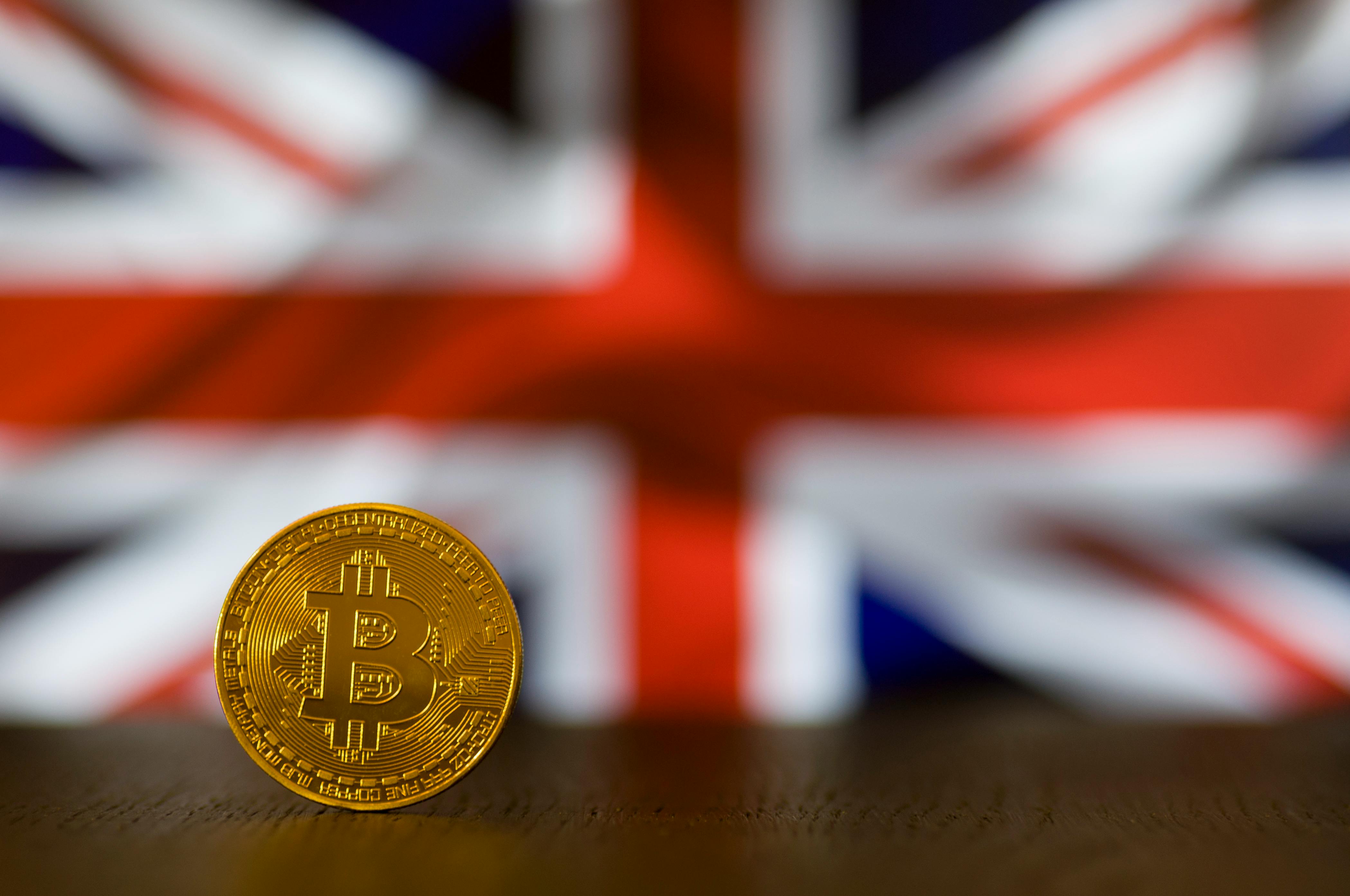The securities regulator in the Bahamas has unveiled a new piece of draft regulation developed as a response to the collapse of the Bahamas-based crypto exchange FTX.
The new bill, titled the Digital Assets and Registered Exchanges (DARE) Bill 2023, is an update to the original DARE Act of 2020.
Among other things, it expands the definition of what a digital asset business is, and introduces a number of new reporting requirements for such businesses.
Additionally, the bill will strengthen requirements for any businesses offering crypto custody and wallet services, as well as introduce new requirements for crypto exchanges, staking service providers, and issuers of stablecoins and other digital assets, a press release from the Securities Commission of The Bahamas said.
On the issuance of new tokens, the regulator will, under the new law, keep “a register of initial token offerings containing specified information,” the Commission’s official consultation document said.

The document added that the bill also introduces a “first-of-its-kind, dedicated disclosure regime” for staking providers designed to collect information on client agreements, as well as other details about how staking pool businesses are operated.
The Commission announced the news of the bill on Twitter, where it also said that it has now opened a public consultation period that will end on May 31.
The bill has been in the works since April of 2022, and the law firm Hogan Lovells has been engaged to draft.
Comments and suggestions from the public regarding the new bill are accepted through the Commission’s website.
The Securities Commission of The Bahamas aims for the bill to become law in the country by the end of the second quarter this year.
The Bahamas’ reputation as a hub for crypto companies took a hit after the major crypto exchange FTX, which operated its global headquarters from the country, collapsed in November 2022, and the updated bill could be seen as an attempt to amend this.
The original DARE Act is the regulatory framework that FTX operated its global business under from September 2021 and until it filed for bankruptcy.
Credit: Source link















































